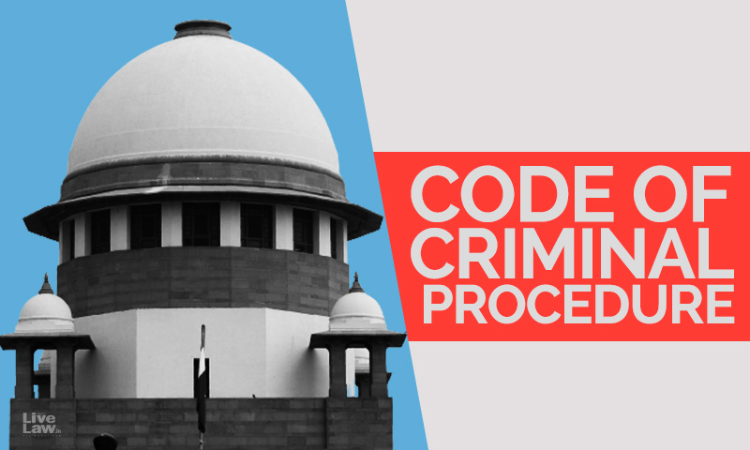Scope And Ambit Of Powers Of Court Under Section 319 CrPC: Supreme Court Summarizes Principles
LIVELAW NEWS NETWORK
25 Aug 2021 9:14 AM IST

Next Story
25 Aug 2021 9:14 AM IST
The Supreme Court, in a judgment delivered on Tuesday, summarized the scope and ambit of the powers of the Court under Section 319 of the Code of Criminal Procedure.Even in a case where the stage of giving opportunity to the complainant to file a protest petition urging upon the trial Court to summon other persons as well as who were named in the FIR but not implicated in the charge-sheet...
